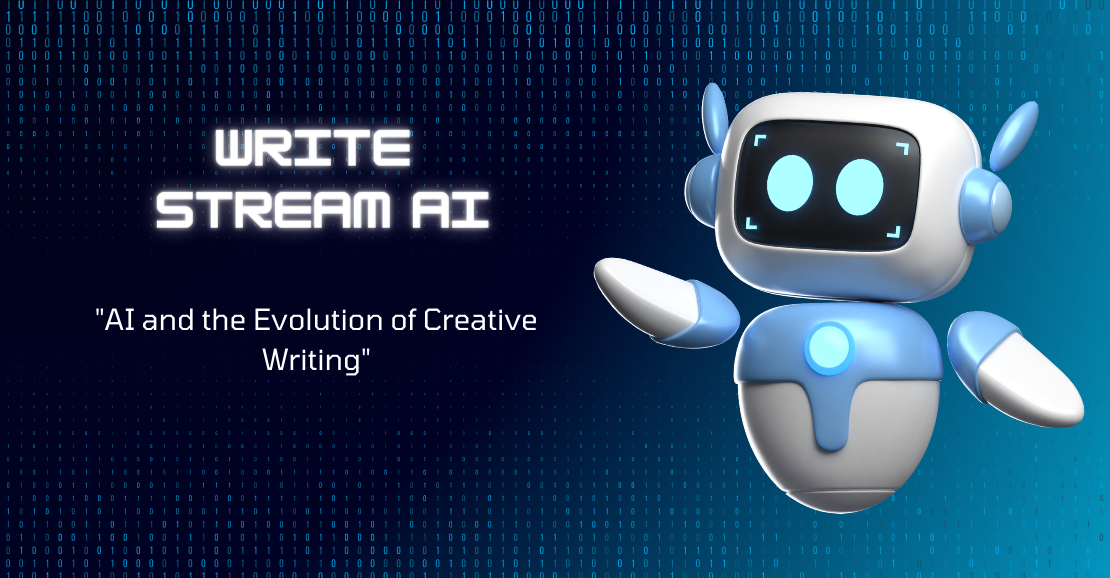AI and the Evolution of Creative Writing
Artificial Intelligence (AI) has undoubtedly made its mark on various industries, from manufacturing and healthcare to education and finance. However, one field that has seen a significant impact is creative writing. Many writers and literary experts have begun to explore the possibilities of using AI as a writing tool, which has raised questions about the future of creative writing. Will machines completely take over and replace human writers? Or, will AI be used to enhance and evolve the craft of writing? Let us delve deeper into the topic of AI and the evolution of creative writing.
AI is a machine's ability to imitate intelligent human behavior, such as learning, problem-solving, and decision-making. In recent years, AI has made significant advancements in natural language processing (NLP), which allows machines to understand and manipulate human language. This has led to the emergence of AI-powered writing tools, such as Grammarly and ProWritingAid, which can identify grammar and spelling errors, suggest vocabulary and writing style improvements, and even generate ideas for writing.
One of the main benefits of AI in creative writing is its ability to analyze and process vast amounts of data quickly. With the help of AI, writers can access a wealth of information through different mediums, such as books, articles, and online databases, in a matter of seconds. This not only saves writers time but also helps them to gain a deeper and more comprehensive understanding of the subject matter they are writing about.
Furthermore, AI can assist writers in generating ideas and storylines. By analyzing data from previous successful pieces of writing, AI can come up with new and unique concepts that human writers may not have thought of otherwise. In this way, AI can be a valuable tool for writers struggling with writer's block or looking for fresh ideas.
However, the question of whether AI can replace human writers entirely remains. While AI may be able to produce coherent and grammatically correct sentences, it lacks the ability to understand and convey emotions, experiences, and human connections that are the essence of creative writing. As of now, AI is not capable of replicating the depth and complexity of human thought and creativity. It is important to note that AI does not possess the ability to think or feel like humans do, and therefore, it cannot replace the artistry and imagination of human writers.
In recent years, we have seen a rise in the use of AI-generated content, such as news articles, stock analyses, and marketing copy. While this may seem like a threat to human writers, it is worth noting that AI-generated content is mostly used for data-driven and repetitive writing tasks. The unique art of storytelling, which is the backbone of creative writing, is still a human-exclusive skill.
Moreover, AI can be used as a tool to enhance and improve the craft of writing. It can help writers with grammar and structure, provide suggestions for word choice and writing style, and even assist with editing and proofreading. This allows writers to focus on the creative aspect of writing and can potentially lead to more polished and refined pieces of writing.
In conclusion, AI has certainly made its mark on the field of creative writing. While it may aid writers in various ways, it cannot replace the human touch and talent required to create truly captivating and emotionally resonating pieces of writing. As long as storytelling remains a uniquely human attribute, the future of creative writing remains in the hands of human writers. However, it is essential for writers to embrace AI as a tool and adapt to the changing landscape of the writing industry to continue producing exceptional and innovative work.























Write your comment
Cancel Reply